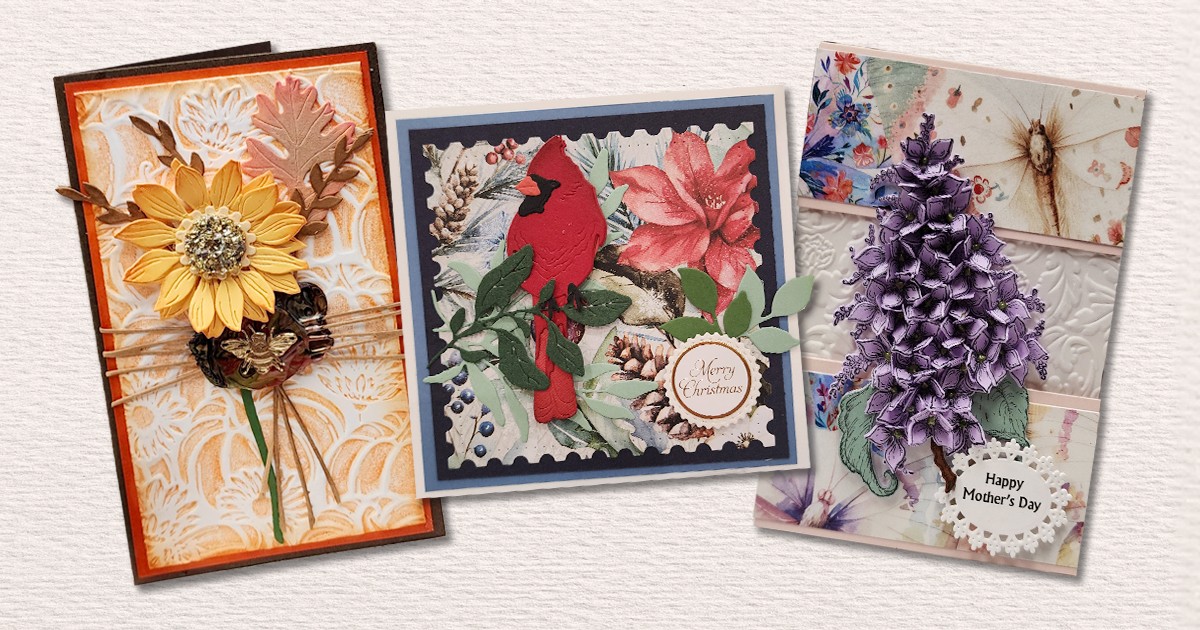 As a Salvation Army officer, I am no stranger to grief or death. In my years of service, I have had the privilege of supporting many people through their times of loss and anguish. It is only recently, however, that I have had to deal with this personally. A reluctant participant, I am now on my own journey of grief and have been reminded that no individual is exempt from this experience.
As a Salvation Army officer, I am no stranger to grief or death. In my years of service, I have had the privilege of supporting many people through their times of loss and anguish. It is only recently, however, that I have had to deal with this personally. A reluctant participant, I am now on my own journey of grief and have been reminded that no individual is exempt from this experience.
In A Grace Disguised, Jerry Sittser writes: “It is not the experience of loss that becomes the defining moment of our lives, for that is as inevitable as death. It is how we respond to loss that matters. That response will largely determine the quality, the direction and the impact of our lives.”
I was living in Papua New Guinea, where I had been serving for three-and-a-half years, and I was looking forward to moving back to Canada. In a few months, I would be reunited with my friends and family. Then the phone rang. I was told that Uncle Ray, my favourite uncle, had died unexpectedly.
At that moment, halfway around the world, far away from my family, there was little I could do. My friends in Papua New Guinea expressed sympathy, but they quickly moved on to other matters. Back in Canada, my immediate family gathered to bury my uncle and later called to tell me the details of the funeral. Unable to be with them and to share in this farewell experience, I felt alone in my grief.
As I reflect on my uncle's death, I recognize that grieving in community is a healthy way to handle the death of loved ones. My family was fortunate enough to experience the loss of Uncle Ray together. They heard the public tributes, saw the casket holding Uncle Ray's body, shared memorable stories, and laughed and cried with one another. I missed out on this, which made my personal grieving process much harder. But through personal journaling and long-distance phone calls with family, I was able to reflect on my memories and find peace.
Six weeks before I was expected to return to Canada, I received another call. During my time in Papua New Guinea, my brother and I communicated by e-mail, so when the phone rang and I heard his voice, I knew that something was wrong. Then the words came: “Margaret, Dad has died.” The words stung. It wasn't supposed to happen this way. I hadn't seen my dad for two years and we were looking forward to reuniting in a matter of weeks.
Shock and disbelief were the first emotions that erupted when I hung up the phone. Once again I felt alone. The first person I chose to tell of Dad's death was one with whom I had experienced deep friendship. I knew that I wanted her around on this difficult day. In her presence, I didn't feel so alone. She helped me make decisions, secure airline tickets and agreed to fulfil work responsibilities in my absence. She laughed and cried with me, and allowed me to tell memories of my dad. A close friendship deepened as she journeyed with me and wasn't afraid to enter into my pain.
I am grateful that I was able to return to Canada for my dad's funeral. Being reunited to grieve with my immediate family and friends eased the hurt. With those closest to me, I was able to share stories, tears and laughter. When I returned to Papua New Guinea, news had spread of my father's death. In the remaining four weeks of my appointment, my community of friends and peers, in their own way, journeyed with me in a difficult chapter of my life.
I've learned and accepted that there is more than one way to grieve. All who experience loss will experience grief. When we come together as a community to remember a loved one, we allow our inner pain to surface and we can be comforted. My own experience with death has reminded me of the value of friends who are good listeners and who have the ability to remain close in difficult days.
I've shed many tears, some when I've expected them, many when I didn't. Through this process I've come to believe that tears are a healthy way to grieve. As difficult as it has been to allow my tears to flow, I've embraced them and found them soothing.
My uncle, my dad and I shared a Christian faith. This has been a cornerstone of strength in my personal grieving. Scripture reminds me that through my faith in Jesus Christ, I will, one day, be spiritually reunited with them.
As Jerry Sittser suggests, I've come to realize that “I have the opportunity and ability to choose to believe that there is a bigger picture and that my loss is part of some wonderful story authored by God himself, and, I can choose to believe that God is working toward some ultimate purpose, even using my loss to that end.”









Comment
On Saturday, May 2, 2009, Karen Hoeft said:
Leave a Comment